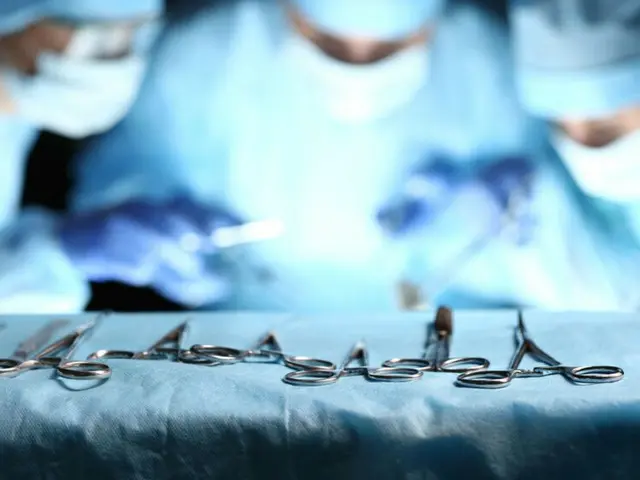On the 7th, the Ministry of Health and Welfare (the Ministry corresponds to the Ministry) released the ``Supplementary Guidelines for Examination Projects Related to Nursing Work,'' which includes such content.
In order to resolve the medical gap caused by the mass departure of specialized doctors, the government began implementing a pilot project on the 27th of last month that would allow nurses to legally perform some of the duties of doctors.
According to the pilot project, training hospital directors across the country will be able to set new scopes of work based on nurses' proficiency and qualifications. The Ministry of Welfare clarifies the scope of work and provides legal protection at the medical site in the early stages of implementation.
In response to many requests for reconfirmation, we have established supplementary guidelines. This supplementary guideline presents guidelines for tasks that cannot be delegated to nurses.
In particular, nurses are divided into ``specialized nurses, full-time nurses, and general nurses'' based on their level of proficiency and qualifications, and the scope of work is set, and education and training for medical institutions is carried out.
clearly stated. Looking at the work performance standards established in this supplementary guideline, nurses will now be able to perform cardiopulmonary resuscitation and administer emergency drugs in emergency situations.
Specialist nurses and full-time nurses can prescribe entrusted tests and drugs, and they can also provide medical records, test/interpretation request forms, and medical examinations.
Ability to draft various records such as written records, transfer request forms, surgical consent forms, etc. The latest guidelines apply to nurses at general hospitals and training hospitals to which specialized doctors belong. General disease not a training hospital
After setting the scope of work for nurses, hospitals must submit it to the Ministry of Welfare for approval. Each medical institution has formed a coordinating committee for the scope of work of nurses, and with the participation of dedicated nurses, nursing department
The scope of work must be determined in consultation with the head of the department. Each hospital shall not instruct other operations other than those determined by this coordinating committee.
If an accident occurs due to inadequate management or supervision, the final legal responsibility rests with the “head of the medical institution.”
You have to. Hospitals must create a written basis for assigning nurses, and must also establish an education and training system.
The Ministry of Welfare has formed a ``Nursing Scope of Work Review Committee'' to respond to questions from the medical field and monitor the testing project.
We decided to promote the institutionalization of the system in the future.
2024/03/07 11:20 KST
Copyrights(C) Herald wowkorea.jp 85

